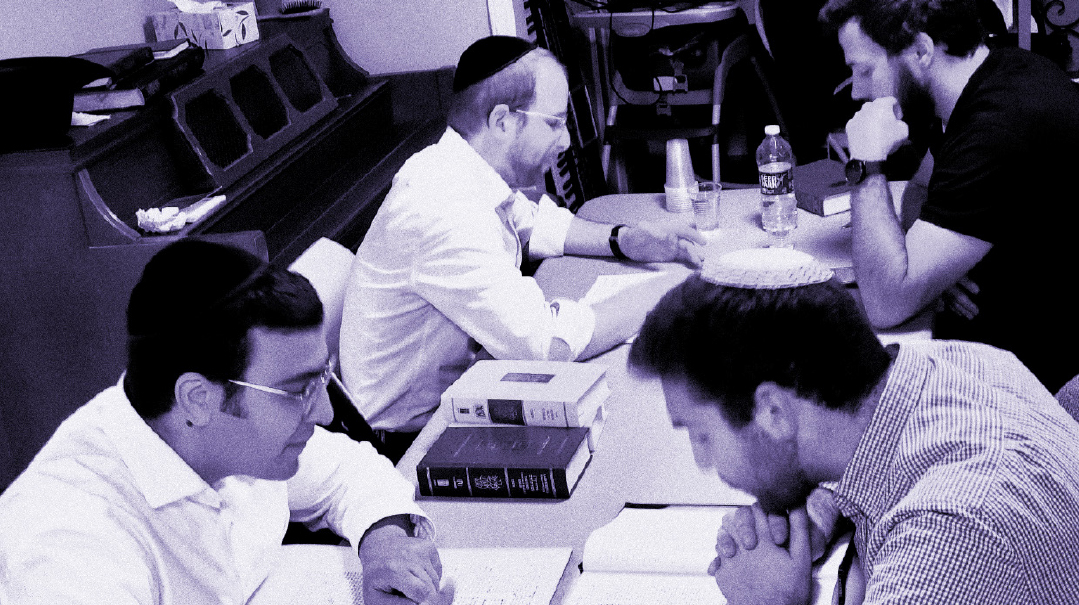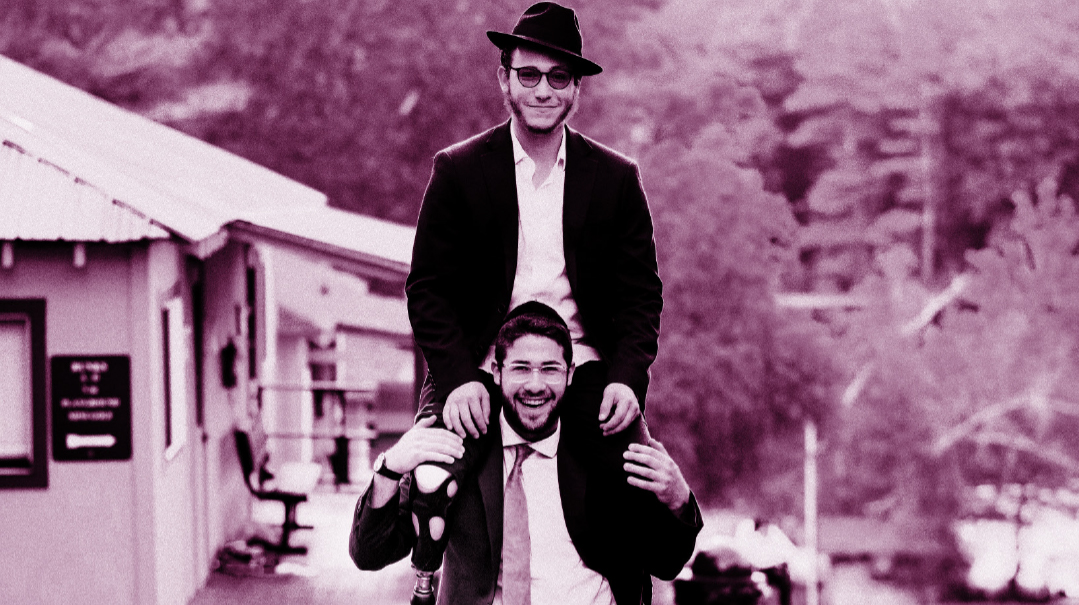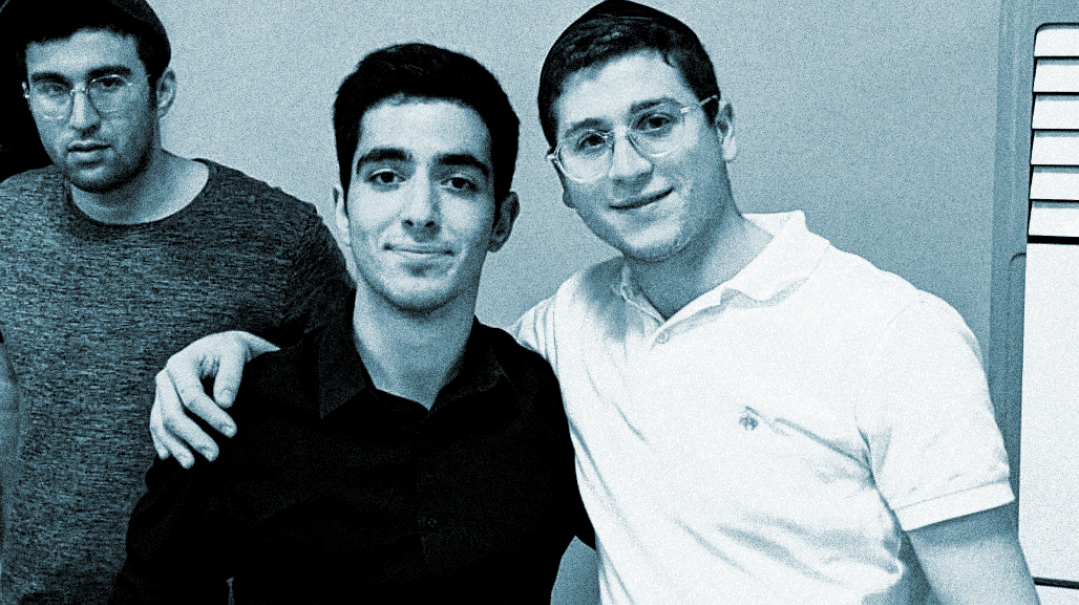The Real Teachers
| August 24, 2021"It was all part of being there, showing the unaffiliated that bnei Torah can be fun, normal, and serious about Yiddishkeit at the same time"

As told to Yosef Herz
There’s a certain thrill in planning the “best summer ever,” whether that means an adventurous cross-country road trip, having a blast in camp as one of the cool staffers, or some exotic vacation destination. But sometimes the greatest opportunities are the ones that aren’t even about you. What happens when you spend your summer in the service of others?
Efraim Blau, 24, Lakewood, New Jersey
Summer spent in: Charlotte, North Carolina
“In such an environment of desire for growth, we had no choice but to hone our skills”
Having grown up in an enclave of Torah Jews, my exposure to non-Orthodox Jews was limited to a few general studies teachers in school. I was frum, surrounded by frum neighbors, and living in a frum community. Torah was our way of life and even when we questioned it, it was not so much asking why as it was asking what.
Joining Torah Umesorah’s SEED program in Charlotte, North Carolina, was eye-opening. Charlotte is a nice, quaint community, but not exactly a religious hub. A devoted husband and wife team, Rabbi and Rebbetzin Chanoch Oppenheim, serve as leaders of the Charlotte Torah Center, the town’s Orthodox shul and Jewish learning center. They welcomed us — a group of six yeshivah bochurim who were starting to doubt why we were 500 miles away from our friends who were surely enjoying their summer in the Catskills — into their shul and introduced us to the community members who showed up.
I remember the first Shacharis we had in Charlotte. We took out the sefer Torah to lein that week’s parshah. We were up to Sefer Devarim while the sefer Torah was still in the middle of Vayikra. We knew it was time to jump in, joining Rabbi Oppenheim’s night seder learning program for men who were willing to participate. I thought we would be the ones teaching and mentoring, but we gained so much from watching the community members.
For us, Shabbos always came after Friday — it was a fact of life. For these folks, just being introduced to Yiddishkeit, they saw it as a real gift, and they didn’t take it for granted. They soaked it in, treasuring every moment of the packed seudos hosted by Rabbi and Rebbetzin Oppenheim. We met people who were making extraordinary sacrifices to be able to keep Shabbos properly. I recall a woman who was thirsting for Yiddishkeit, but her husband wanted nothing to do with it. She and her daughter moved out of their house every weekend so they could properly observe Shabbos and were in the midst of turning over their entire life for one we’d always taken for granted.
In such an environment of desire for growth, we had no choice but to hone our skills. We sang, leined, led the Shabbos tefillos, and spoke by the meals. It was sort of what some of our friends were doing at their camp’s talent shows, but without the laughs. We were forced to think creatively, articulate appropriate messages, and take initiatives.
We had a great time exploring all that North Carolina has to offer too, but it was all part of being there, showing the unaffiliated that bnei Torah can be fun, normal, and serious about Yiddishkeit at the same time. One starry evening toward the end of the summer, we knew it was all worth it. It was after four hours of intense singing, interspersed with personal thoughts and messages related to the holy words and how they pertain to our lives. The women were crying and the men were pretending not to, when a woman got up and made an impromptu announcement. When her own son gets older, she said, she wants him to attend a yeshivah.
We may have been far from the mountains, but that only heightened our soaring sense of achrayus for others who are waiting for us to come along and make a difference.
(Originally featured in Mishpacha, Issue 875)
Oops! We could not locate your form.


